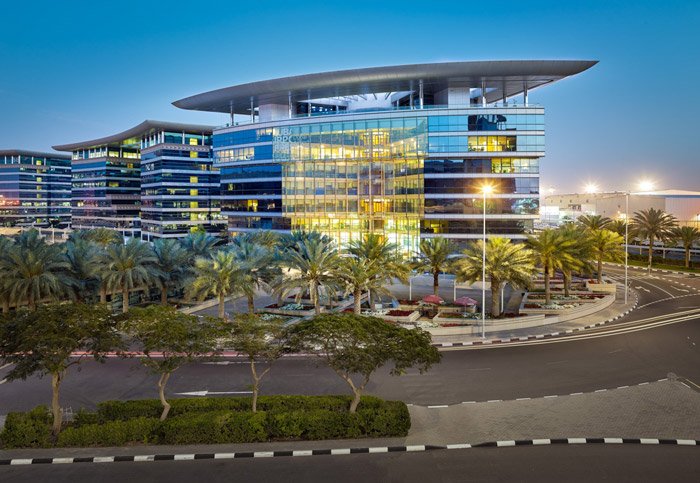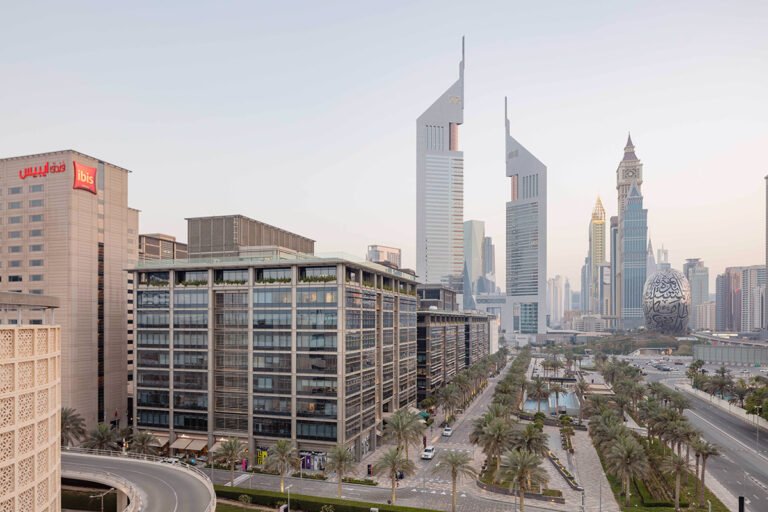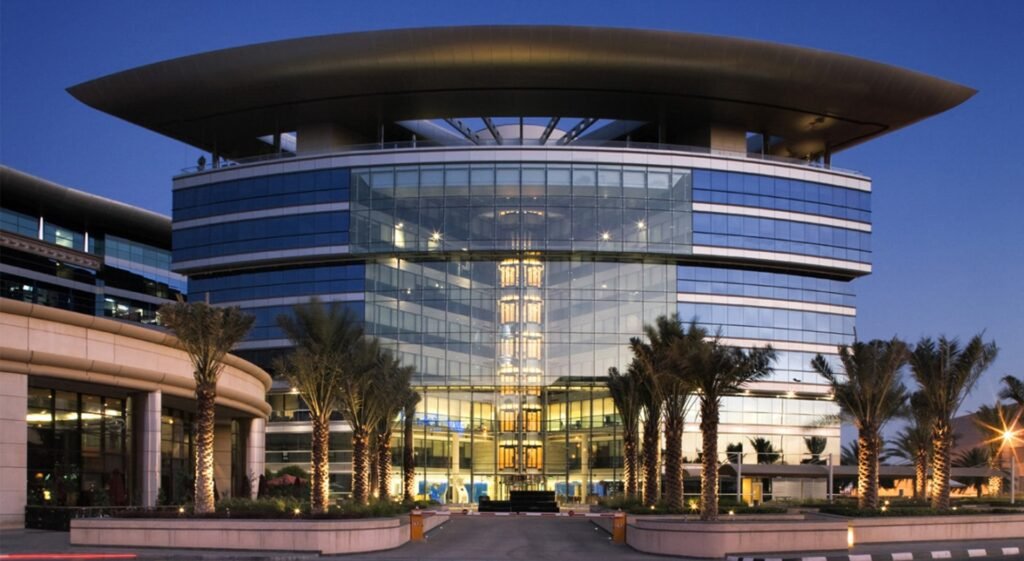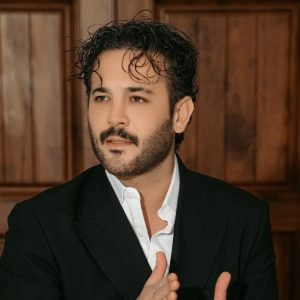Introduction: A Game-Changer for Business in Dubai
One Freezone Passport Dubai is set to revolutionize the way businesses operate across the emirate’s numerous free zones. Announced by the Dubai Free Zones Council (DFZC), this initiative promises to make business expansion easier, quicker, and more cost-effective within Dubai. By eliminating inter-zone administrative hurdles, the One Freezone Passport aims to enhance Dubai’s appeal as a global business destination.
With over 40 specialized free zones contributing more than a third of the emirate’s GDP, this move is not just strategic—it’s transformative. Here’s everything you need to know about this bold new initiative, how it works, and why it matters for businesses in the UAE and beyond.
What Is the One Freezone Passport?
The One Freezone Passport is a new unified licensing system that allows companies registered in any one of Dubai’s free zones to operate in all other participating free zones without needing multiple trade licenses.

Until now, companies looking to expand into multiple free zones were required to obtain separate licenses, manage different regulations, and repeat setup processes. The new system removes these barriers.
Key Features
- Single license, multi-zone operation. Businesses can operate across various free zones with just one license
- Hassle-free expansion. No need to undergo re-registration or redundant documentation
- Access to broader talent pools. Companies can now employ workers across free zones without separate labor approvals
- Cross-zone collaboration. Encourages more joint ventures, trade partnerships, and innovation
Why the One Freezone Passport Matters
Enhanced Ease of Doing Business
Dubai has always ranked high in ease-of-doing-business indices. However, navigating multiple free zones required extra time, effort, and resources. This new passport system simplifies the process, helping businesses focus on what really matters: growth and innovation.

Cost-Effective Expansion
Companies no longer need to pay for multiple licenses, office spaces, or legal consulting across zones. The One Freezone Passport reduces redundant costs and allows businesses to invest more in operations, staff, and infrastructure.
Speed and Agility
Setting up or expanding used to take weeks. Now, with centralized systems and cross-zone recognition, businesses can scale operations within days, accessing new markets and partners seamlessly.
Dubai’s Vision: A Unified, Agile Economy
The One Freezone Passport is part of a bigger picture. Dubai’s leadership is working to create an integrated economic model that aligns with the Dubai Economic Agenda (D33), which aims to double the size of Dubai’s economy by 2033 and position it among the top three global cities.
The DFZC (Dubai Free Zones Council) has clarified that the passport aligns with their strategy to:
- Foster greater foreign investment
- Boost intra-emirate trade and collaboration
- Create future-ready employment opportunities
- Leverage Dubai’s status as a logistics and digital hub
Who Can Benefit From the One Freezone Passport?
Startups and SMEs
For small and medium enterprises, the cost and complexity of expanding operations across zones have often been a hurdle. The new system allows startups to test markets, enter new zones, and scale at their own pace.
Multinational Corporations
MNCs can now consolidate their operations across different sectors and zones, improving coordination between teams, simplifying reporting structures, and enhancing strategic control.
Freelancers and Solopreneurs
As Dubai encourages more freelance and remote work, this system opens up access to co-working spaces, digital licenses, and niche industries housed in different zones, without the legal maze.
Implementation and Rollout: What We Know So Far
While the One Freezone Passport was formally announced by DFZC in July 2025, the system is being rolled out in phases. Key zones including Dubai Silicon Oasis, Dubai Internet City, Dubai Multi Commodities Centre (DMCC), and Jebel Ali Free Zone (JAFZA) are among the early adopters.
Implementation Steps
- Central Database Integration. All participating free zones are integrating their data systems to allow seamless verification and authentication
- Digital Licensing Portal. A unified online portal is being developed for businesses to manage applications, renewals, and expansions
- Stakeholder Training. Workshops are underway for legal advisors, business consultants, and HR professionals to ensure smooth onboarding

How to Apply for the One Freezone Passport
Businesses already registered in one Dubai free zone can apply for the One Freezone Passport by:
- Logging into the Free Zone Authority portal
- Submitting an expansion request with basic documentation
- Verification of current trade license and alignment with business activity codes
- Approval from the destination free zone authority
- Issuance of multi-zone operational permit under the existing license
The process is expected to be largely paperless, thanks to blockchain-based records, e-signatures, and integrated government systems.
What Experts Are Saying
“The One Freezone Passport is a visionary step forward. It aligns with global business expectations of mobility, speed, and digital-first governance.”
— Dr. Mohammed Al Zarooni, Secretary General, DFZC
“For investors, this is a signal that Dubai is serious about staying competitive. It removes a major friction point for expanding operations.”
— Sarah Miller, Business Consultant, Dubai South
“This initiative not only improves ease of doing business but also reflects how governments can use tech to streamline bureaucracy.”
— Nabil Faraj, CEO, TechConnect MENA
Potential Challenges and Considerations
While the initiative is promising, experts caution that success will depend on inter-zone coordination and implementation transparency.
Potential Bottlenecks
- Data privacy and sharing across different authorities
- Dispute resolution in cross-zone conflicts
- Standardization of fees and processes
However, the DFZC has assured stakeholders that these concerns are being addressed through centralized governance frameworks and cross-authority MoUs.

The Big Picture: Dubai’s Free Zone Ecosystem
Dubai’s free zones have played a pivotal role in its rise as a global business powerhouse. They offer:
- 100% foreign ownership
- No personal or corporate income tax
- Full repatriation of profits
- Modern infrastructure and digital services
With over 40 zones, each focused on industries like tech, media, finance, logistics, and healthcare, Dubai offers one of the most diverse free zone ecosystems globally. The One Freezone Passport enhances this by turning the zones into a connected network instead of isolated islands.
What’s Next for Dubai’s Business Landscape?
The One Freezone Passport is not the end—it’s a beginning. Experts predict it will:
- Attract more digital nomads and tech startups
- Boost venture capital and accelerator programs across zones
- Encourage cross-industry collaboration, especially in AI, fintech, and sustainability
In the long run, this initiative could become a template for other emirates or even international free zone networks to follow.
Conclusion: A Bold Step Toward a Unified Business Ecosystem
Dubai’s One Freezone Passport is more than a bureaucratic reform. It is a strategic move to future-proof the emirate’s economic infrastructure. By making it easier, faster, and cheaper to operate across zones, the initiative supports innovation, attracts global talent, and strengthens Dubai’s position as a leading hub for global business.
For entrepreneurs, startups, investors, and corporations, the message is clear: Dubai is open, connected, and ready for the future.
Do follow UAE Stories on Instagram
Read More: Schengen Visa New Process UAE: Important Update for Europe Travel in 2025














